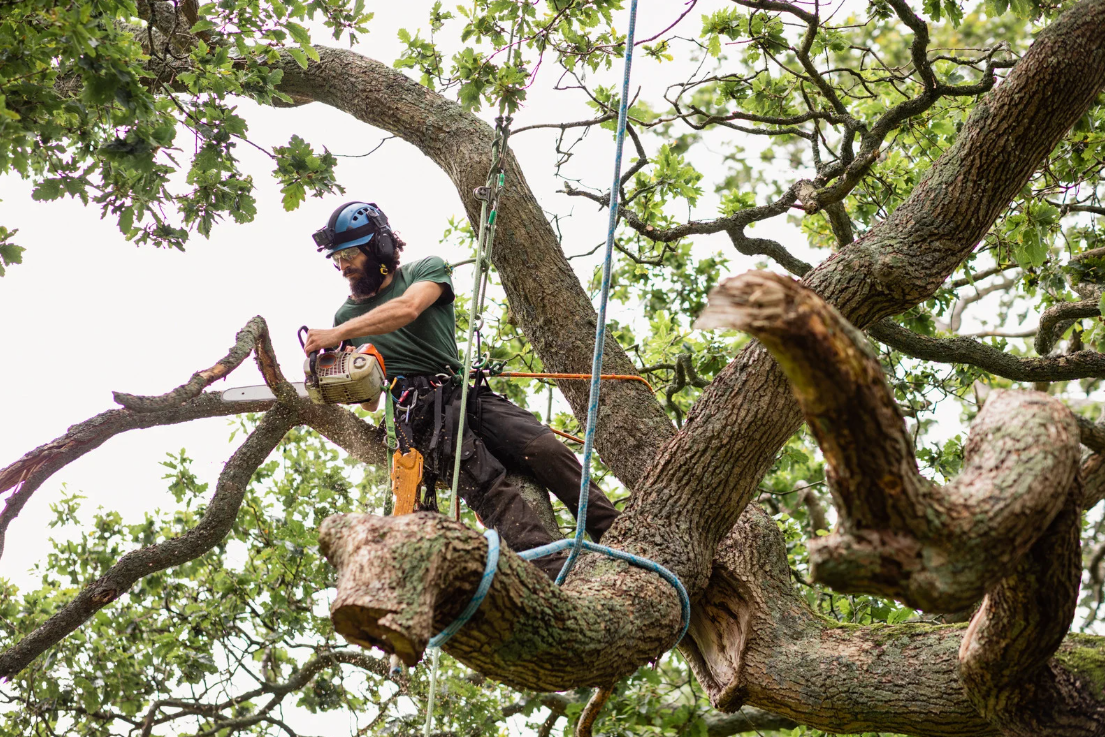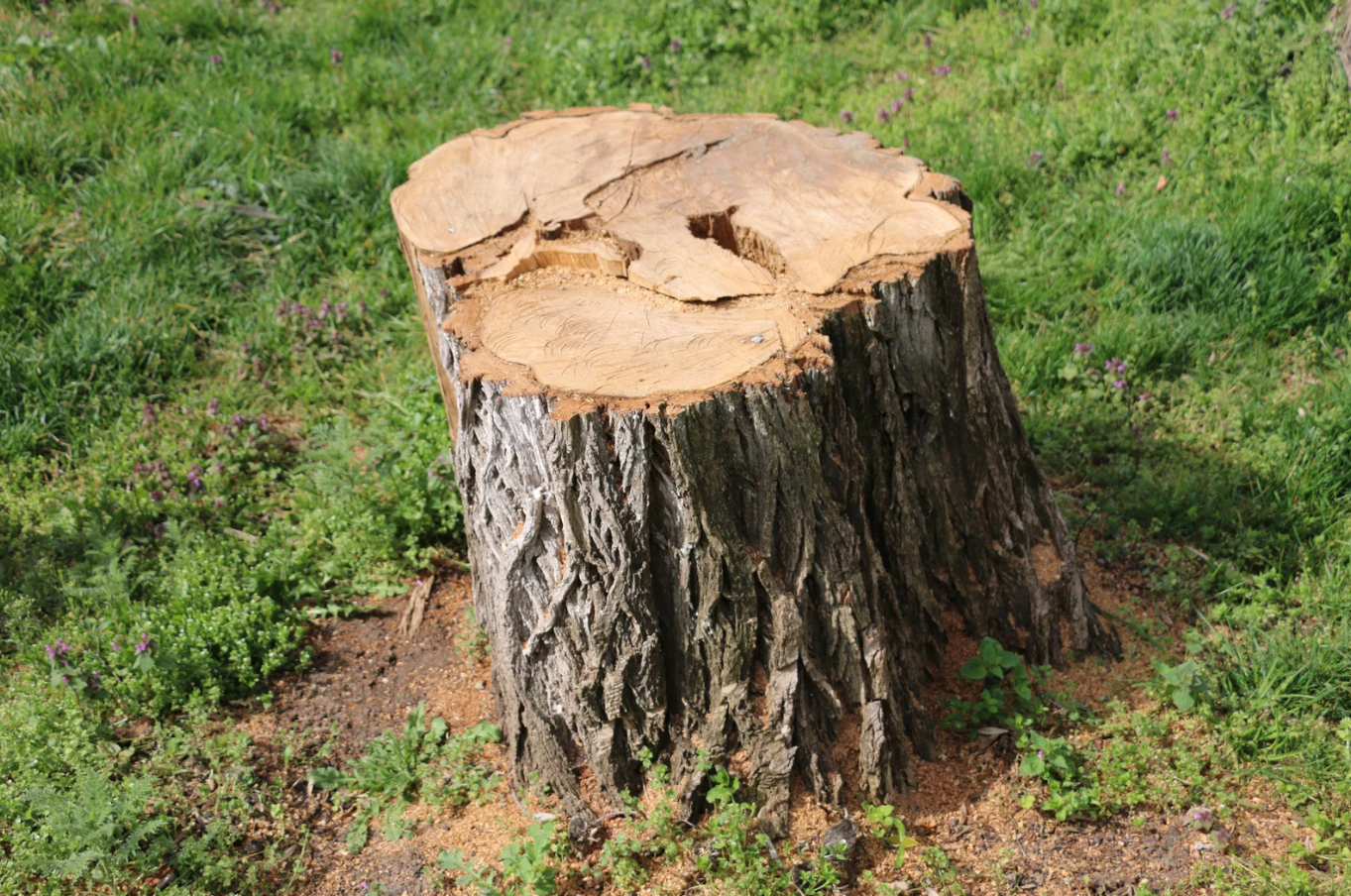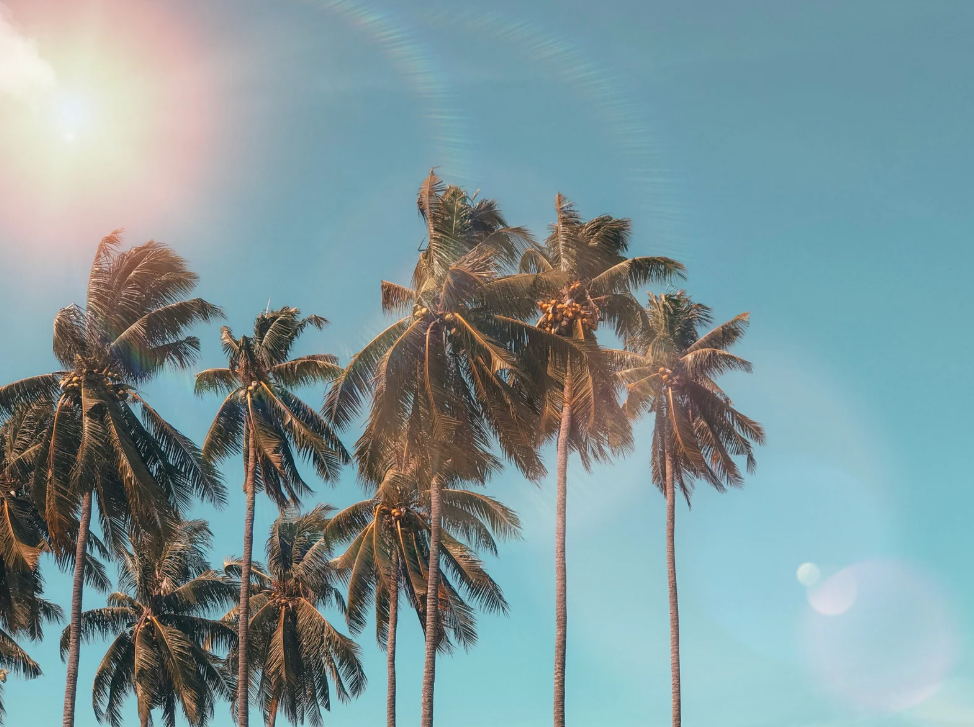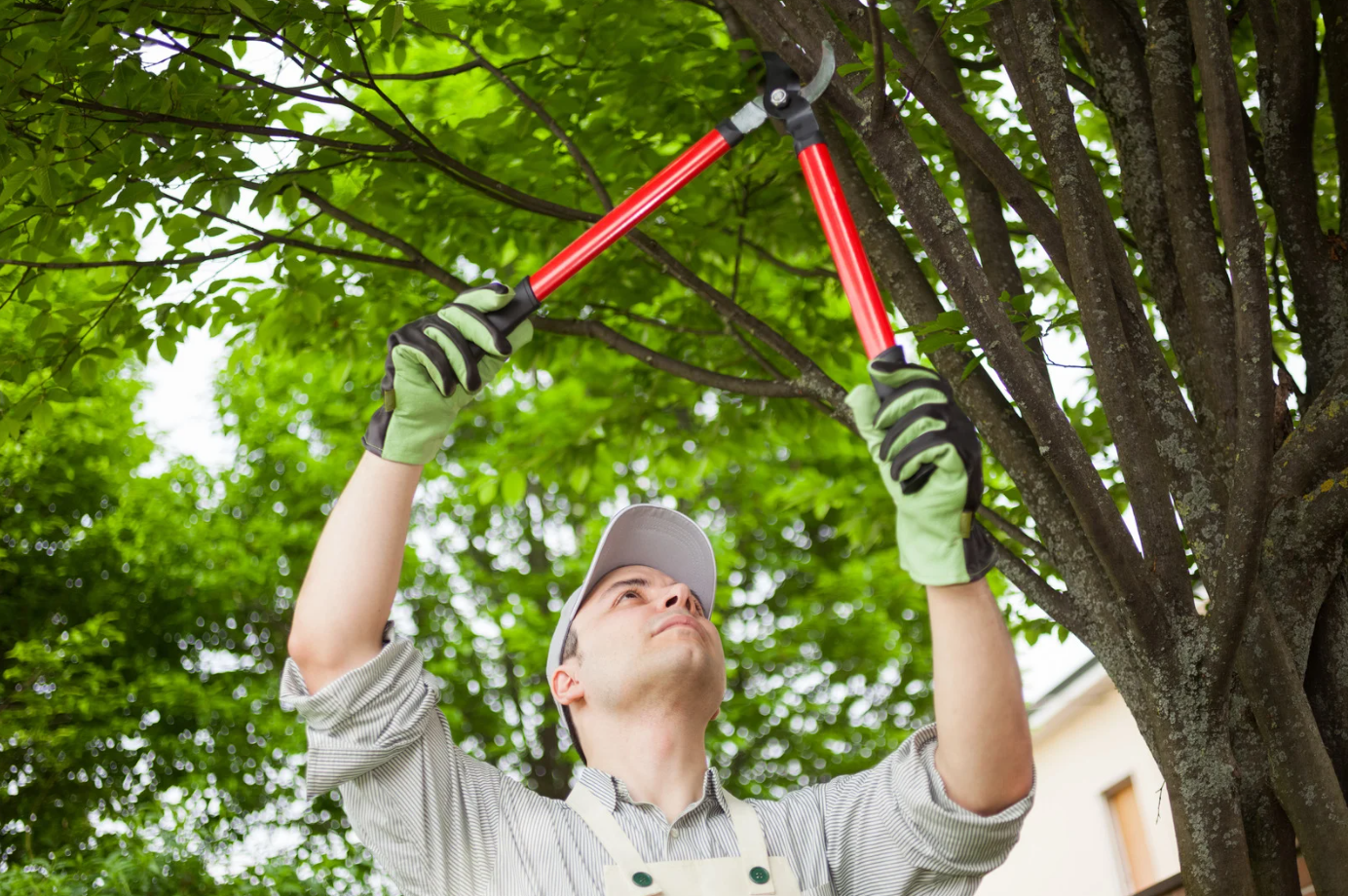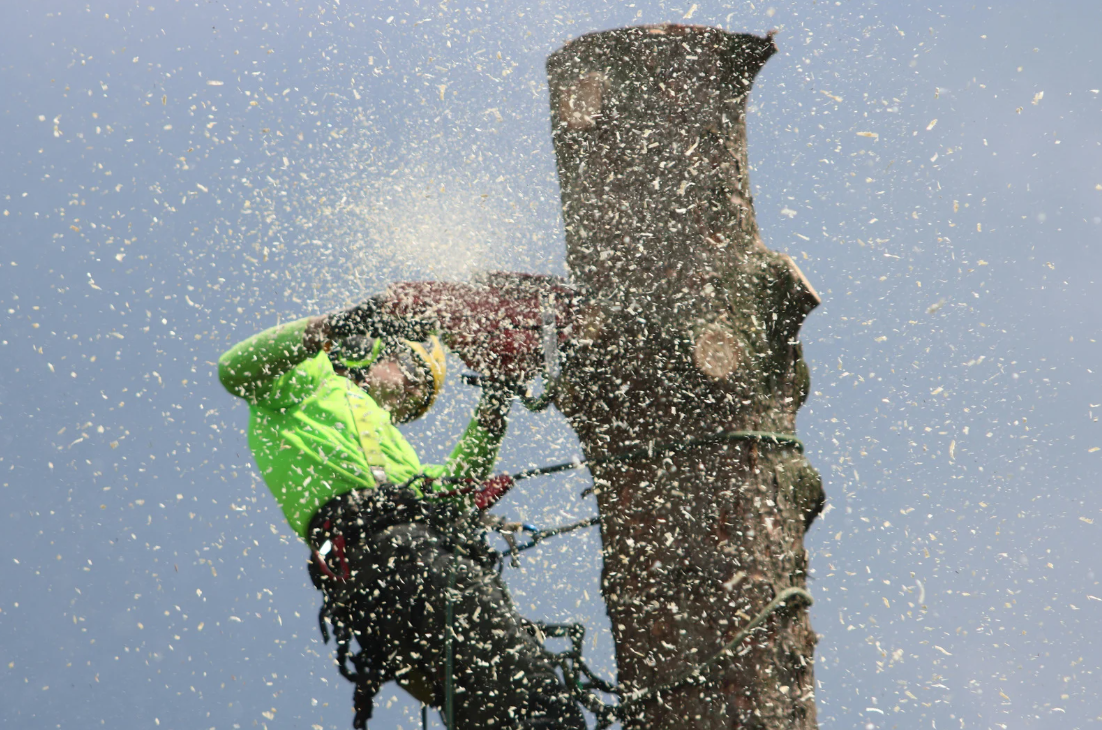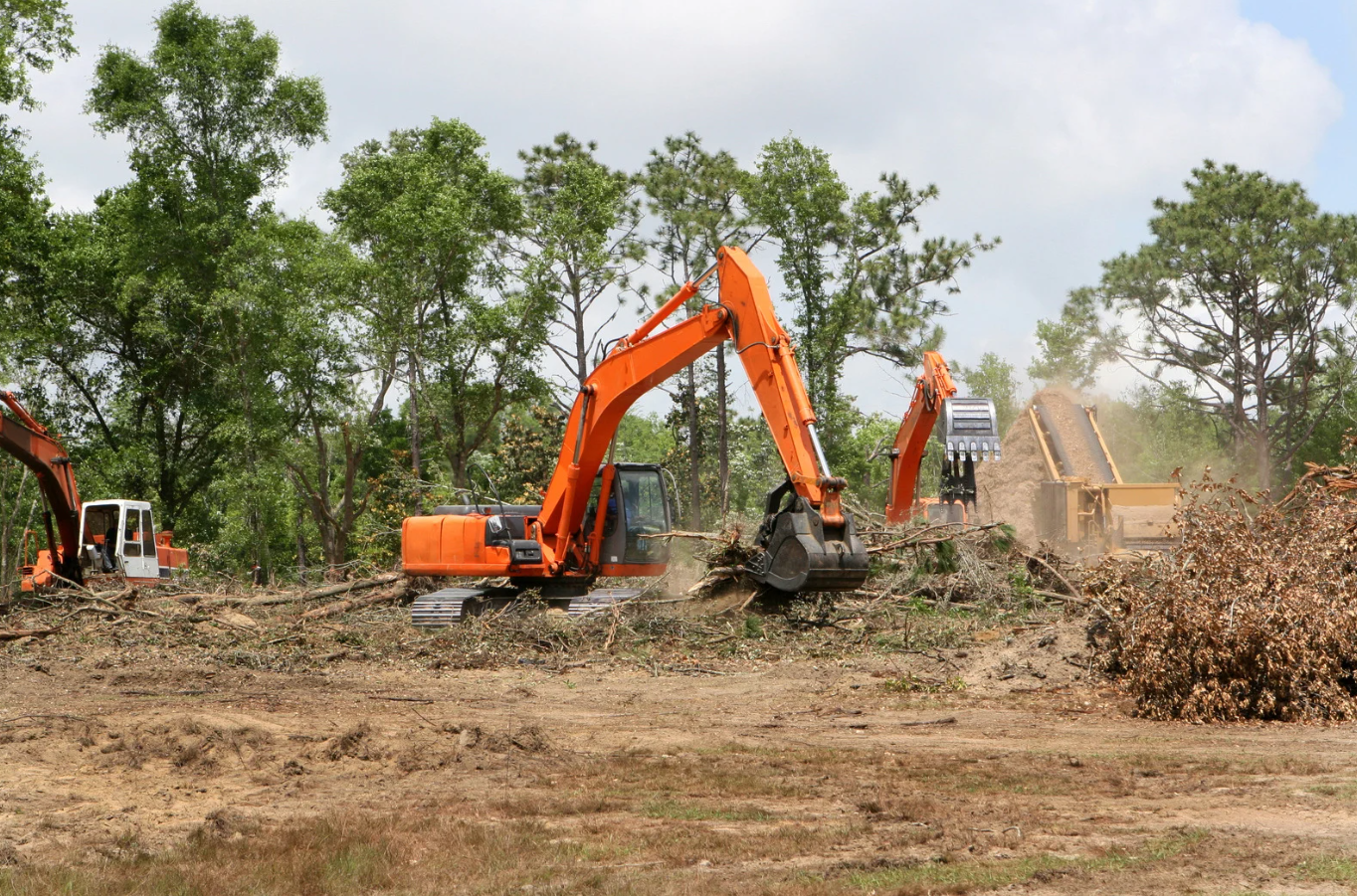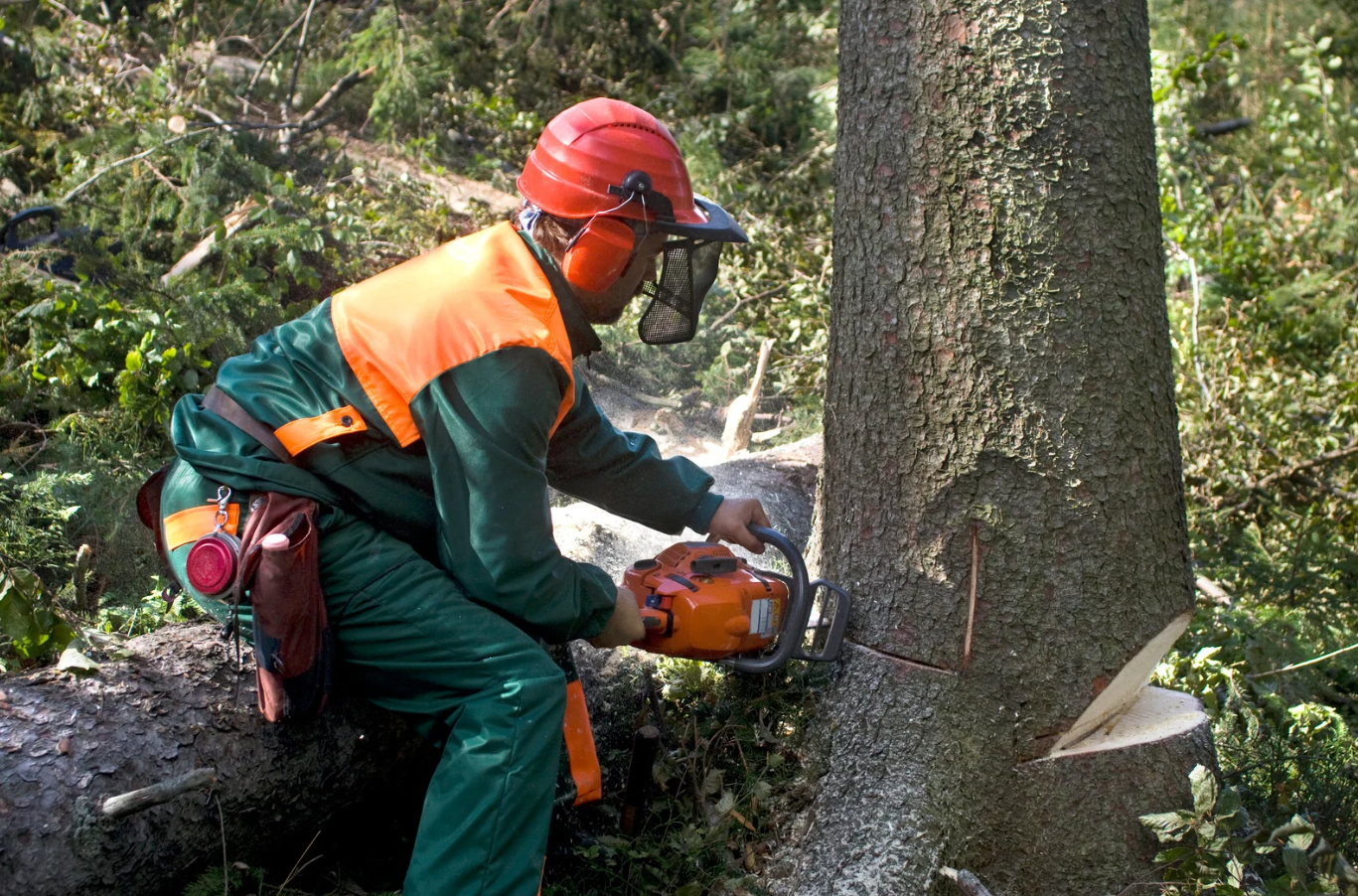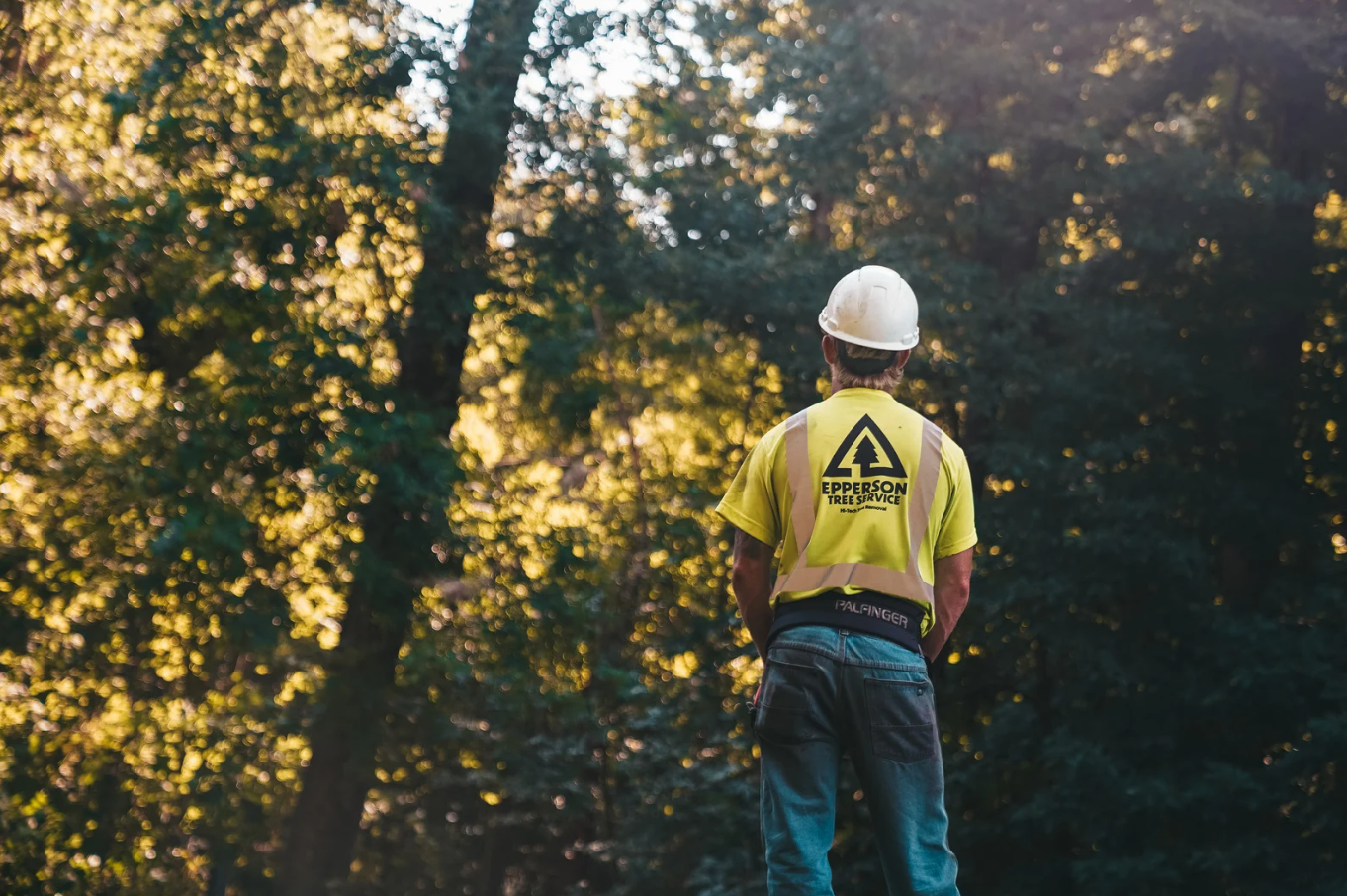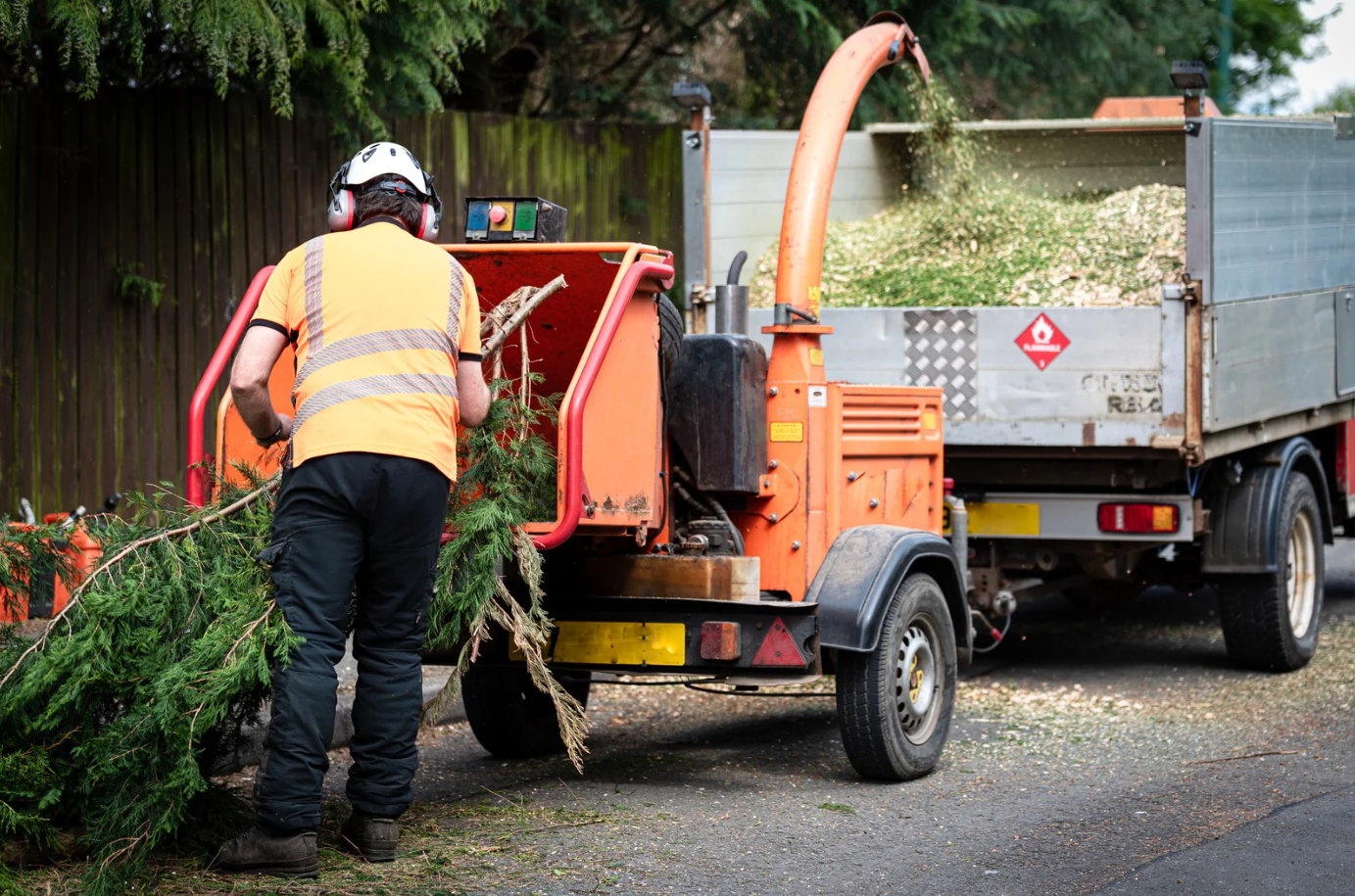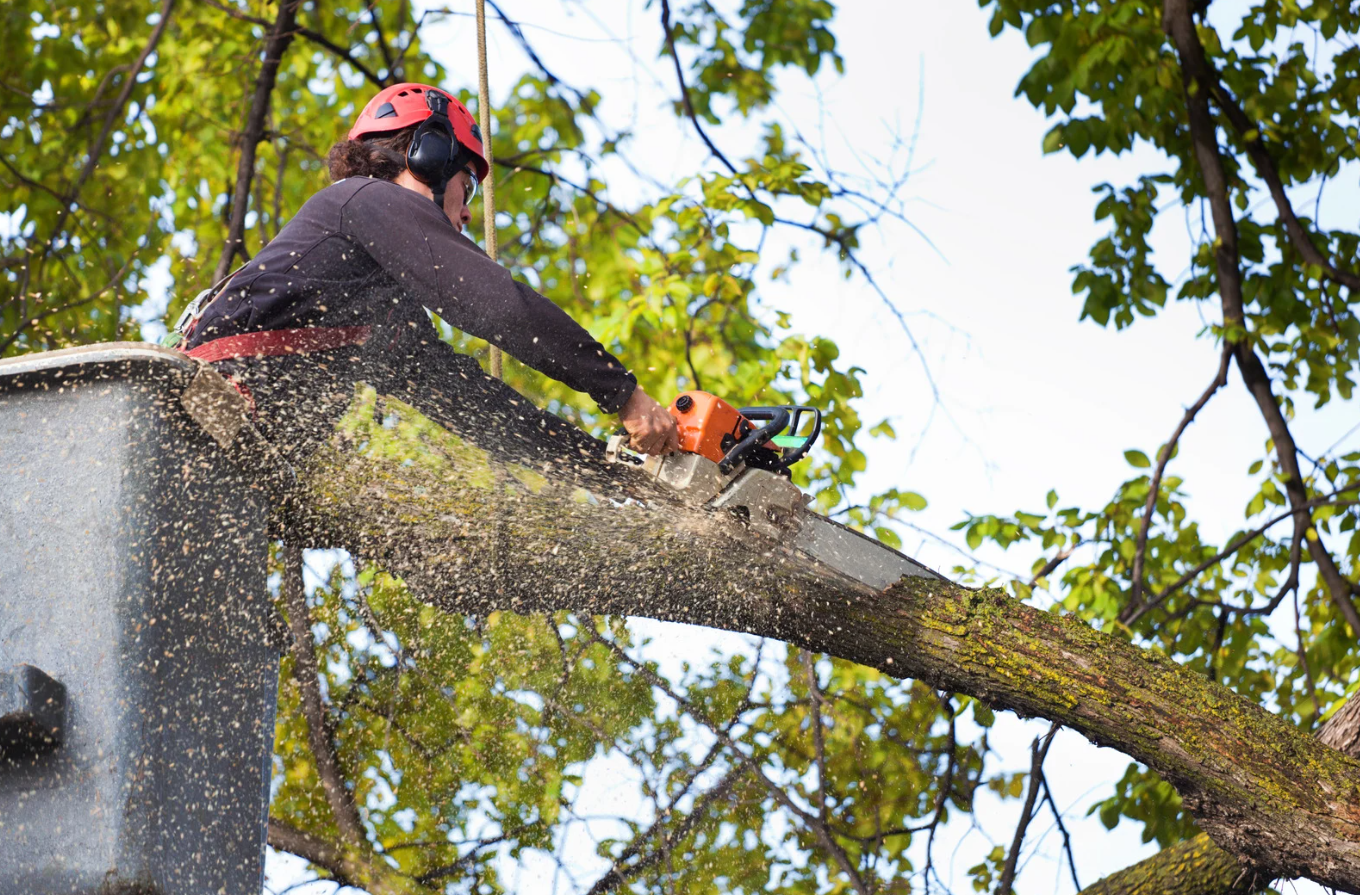Evergreen and Ornamental Tree Care
Daly City Tree Services - Specialized Evergreen and Ornamental Tree Care
Professional Cedar, Arborvitae, and Specialty Tree Care in Daly City
Daly City's diverse landscape encompasses an extraordinary variety of evergreen and ornamental tree species that contribute significantly to the area's distinctive character and environmental quality. The city's unique position along the San Francisco Peninsula creates microclimates that support both native California species and carefully selected non-native trees that have adapted to the coastal Mediterranean conditions. These specialized trees require sophisticated care approaches that differ substantially from traditional deciduous tree maintenance, demanding expertise in species-specific growth patterns, environmental requirements, and potential health challenges.
The coastal influence creates a complex environmental matrix of cool summers, mild winters, persistent fog, and salt-laden air that affects different tree species in various ways. Some trees thrive in these conditions, while others require careful management to maintain health and appearance. Professional tree care services must understand these intricate relationships between climate, soil conditions, and individual species requirements to provide effective maintenance programs that maximize tree health while preserving the aesthetic and environmental benefits these valuable landscape investments provide.
Expert Cedar Tree Care Services
Cedar tree care in Daly City addresses the complex requirements of various cedar species and cedar-like conifers that have found success in the Peninsula's unique coastal environment. True cedars, including Deodar cedar and Atlas cedar, along with commonly called "cedars" such as incense cedar and various juniper species, each present distinct care requirements that professional services must understand and address through specialized maintenance programs.
Cedar tree care begins with accurate species identification, as the term "cedar" encompasses numerous different genera with varying growth characteristics, environmental tolerances, and maintenance needs. Deodar cedars, popular in Daly City landscapes for their graceful weeping branches and blue-green foliage, require different care approaches than the more upright Atlas cedars or the native incense cedars that naturally occur in California's mountain regions.
Professional cedar tree care focuses extensively on integrated pest management addressing the numerous insects and mites that can severely impact cedar health and appearance. Spider mites represent one of the most persistent challenges in cedar tree care , particularly during Daly City's dry summer months when low humidity and warm temperatures create ideal conditions for mite population explosions. These microscopic pests feed on needle surfaces, causing stippling, yellowing, and eventual needle drop that can severely weaken trees if left untreated.
Cedar tree care programs include regular monitoring for spider mite activity, utilizing specialized techniques such as the white paper test to detect early infestations before visible damage occurs. Treatment protocols combine cultural practices that improve tree vigor with targeted miticide applications when necessary, always emphasizing preservation of beneficial predatory insects that provide natural mite control.
Scale insects present another significant challenge in cedar tree care , with various species affecting different cedar types. Armored scales and soft scales can establish large populations on cedar foliage and branches, weakening trees through sap extraction while producing honeydew that promotes sooty mold development. Professional cedar tree care includes scale monitoring and treatment programs utilizing horticultural oils, systemic insecticides, and biological controls that effectively manage scale populations while minimizing environmental impact.
Cedar tree care also addresses structural maintenance requirements unique to these evergreen species. Unlike deciduous trees that benefit from regular pruning, cedars require minimal intervention to maintain their natural form and health. Professional cedar tree care focuses on selective removal of dead, damaged, or crossing branches while preserving the tree's characteristic growth pattern and density.
Nutritional management in cedar tree care addresses the specific requirements of these evergreen species, which differ significantly from deciduous trees in their nutrient uptake patterns and timing. Cedars benefit from slow-release fertilizers applied during active growth periods, with particular attention to micronutrient requirements that affect foliage color and density.
Cedar tree care includes irrigation management that balances these trees' need for consistent moisture with their susceptibility to root rot diseases in waterlogged soils. Daly City's clay soils can create drainage challenges that require careful irrigation scheduling and possible soil amendments to maintain optimal root zone conditions.
Specialized Arborvitae Trimming and Care
Arborvitae trimming requires sophisticated understanding of this popular evergreen's unique growth characteristics and response patterns to pruning interventions. Arborvitae species, including American arborvitae, giant arborvitae, and various cultivars, exhibit dense, scale-like foliage and distinctive growth patterns that respond differently to trimming compared to other evergreen species.
Arborvitae trimming must account for this species' inability to regenerate growth from old wood, making proper technique and timing absolutely critical for maintaining tree health and appearance. Unlike some evergreens that can tolerate severe pruning, arborvitae requires conservative arborvitae trimming approaches that work with the tree's natural growth patterns rather than against them.
Professional Arborvitae trimming focuses on light shaping and maintenance of desired form while preserving the tree's natural density and character. The timing of arborvitae trimming significantly affects tree response, with late spring trimming allowing new growth to cover cut surfaces before winter, while fall trimming may leave exposed cuts vulnerable to weather damage and disease entry.
Arborvitae tree care encompasses comprehensive health management extending beyond trimming to include pest monitoring, nutritional management, and environmental stress mitigation. These trees face specific challenges in Daly City's coastal environment, including susceptibility to certain pests and diseases that require professional attention and preventive care programs.
Bagworm infestations represent a serious threat requiring vigilant monitoring in arborvitae tree care programs. These caterpillars construct protective bags from tree foliage and can defoliate entire trees if populations reach high levels. Professional arborvitae tree care includes regular inspection for bagworm activity and treatment programs that effectively control populations while preserving beneficial insects.
Arborvitae tree care also addresses spider mite problems that can severely impact tree health during dry periods. These pests thrive in dusty, dry conditions and can cause significant foliage damage if left untreated. Treatment programs combine cultural practices that improve tree vigor with targeted miticide applications when necessary.
Irrigation management forms a crucial component of arborvitae tree care , as these trees prefer consistent moisture but suffer from waterlogged conditions that promote root rot diseases. Professional services understand the delicate balance required and provide irrigation system design and management that maintains optimal soil moisture levels while preventing water-related problems.
Arborvitae tree care includes fertilization programs addressing the specific nutritional requirements of these evergreen species. Slow-release fertilizers applied during active growth periods provide consistent nutrition while avoiding the flush growth that can make trees more susceptible to pest and disease problems.
Comprehensive Specialty Tree Care Programs
Olive tree maintenance addresses the unique requirements of these Mediterranean natives that have found exceptional success in Daly City's coastal climate. Olive trees, whether grown for fruit production or ornamental purposes, require specialized care approaches that account for their drought tolerance, pruning requirements, and susceptibility to specific pests and diseases.
Olive tree maintenance includes understanding the different care requirements for fruiting versus ornamental olive varieties. Fruiting olives require annual pruning to maintain productive wood and manage tree size, while ornamental varieties may need different pruning approaches focused on maintaining desired form and preventing excessive fruit production that can create maintenance issues.
Pest management in olive tree maintenance addresses olive fruit fly, scale insects, and other pests that can impact tree health and fruit quality. Professional treatment programs utilize integrated approaches combining cultural practices, biological controls, and targeted treatments that effectively manage pest populations while maintaining environmental responsibility.
Redbud tree care focuses on the specific needs of these beautiful native flowering trees that provide spectacular spring color throughout Daly City landscapes. Western redbud and Eastern redbud varieties each present different care requirements that professional services must understand and address through specialized maintenance programs.
Redbud tree care includes minimal pruning requirements, as these trees naturally develop attractive forms with little intervention. Professional redbud tree care focuses on selective removal of dead, damaged, or crossing branches while preserving the tree's characteristic branching pattern and flowering potential.
Disease management represents a critical component of redbud tree care , particularly addressing canker diseases and leaf spot problems that can affect tree health and appearance. Professional treatment programs include preventive fungicide applications and cultural practices that reduce disease pressure while maintaining tree vigor.
Willow tree care manages the unique challenges presented by these fast-growing, water-loving trees that can provide beautiful landscape features when properly maintained. Willows require aggressive management approaches addressing their rapid growth rates, structural weaknesses, and high water requirements.
Willow tree care includes regular structural pruning to manage weak branch attachments and prevent storm damage. These trees naturally develop multiple trunks and spreading canopies that require professional management to maintain safety while preserving their characteristic graceful appearance.
Bay tree care involves managing these aromatic native trees that serve both ornamental and culinary purposes in Daly City landscapes. California bay laurel requires specific care approaches addressing its growth characteristics, pest susceptibility, and maintenance requirements.
Bay tree care includes scale insect management, as these pests commonly affect bay trees and can severely impact tree health if left untreated. Professional treatment programs utilize horticultural oils and systemic treatments that effectively control scale populations while maintaining the tree's value for culinary use.
Eucalyptus tree care addresses the complex challenges presented by these Australian natives that have become established throughout California landscapes. Eucalyptus species require specialized care approaches addressing their rapid growth, structural concerns, fire safety considerations, and environmental impacts.
Eucalyptus tree care includes regular structural assessments and maintenance pruning to manage weak branch attachments and reduce fire hazards. These trees naturally shed bark and branches, requiring professional management to maintain safety while preserving their distinctive character and environmental benefits.
Birch tree care focuses on protecting these attractive deciduous trees from bronze birch borer and other serious pest threats that can kill trees if left untreated. Birch species require specific care approaches addressing their shallow root systems, water requirements, and pest susceptibility.
Birch tree care includes preventive treatment programs for bronze birch borer, utilizing systemic insecticides and cultural practices that maintain tree vigor and resistance to this devastating pest. Professional services understand the critical timing and techniques required for effective borer prevention and management.
Professional specialty tree care combines species-specific expertise with comprehensive understanding of Daly City's unique environmental conditions, ensuring each tree receives appropriate attention for optimal health, safety, and aesthetic value throughout its lifespan while contributing to the community's environmental quality and property values
